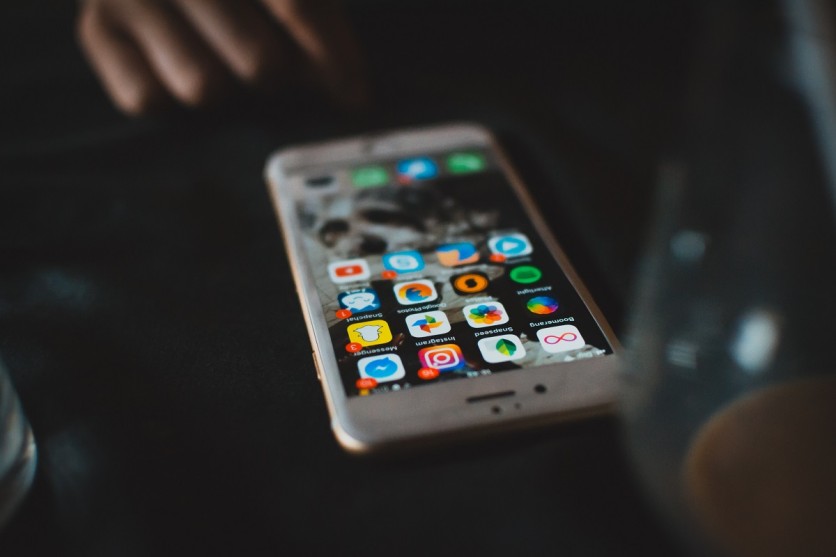
Google is compelling Android smartphone manufacturers to include more "unnecessary" apps.
To be specific, the Mountain View company is requiring OEMs to preinstall Digital Wellbeing and parental controls or similar programs on their products.
More Bloatware?
As discovered by XDA Developers, Google's GMS Requirements now reads that devices that run on Android 9 Pie or Android 10 out of the box and the ones that are upgradeable to those software versions after Sept. 3, 2019, will have to be preloaded with Digital Wellbeing or a manufacturer's own wellness app and parental controls.
Digital Wellbeing isn't necessarily a bad thing. In fact, it's a welcome addition. As its name suggests, it's designed for users' health, helping them manage their smartphone habits by getting an overview of their usage and reduce screen time, among other things. With the integration of Family Link, parents also have the tools to monitor what their kids do on their devices, see if they're using them too much, and the like.
However, it's potentially bloatware in some cases. Not everyone wants it preloaded on their devices, after all, not to mention that those who don't have kids probably don't care about parental controls.
Sure, some may argue that it's a nonissue, since most devices nowadays have plenty of storage space, so much so that users don't even have to pay attention to preinstalled apps that tend to digitally collect dust anymore. Bloatware can typically be disabled or uninstalled as well, but not all of them.
Health-Focused Solution
Google debuted Digital Wellbeing on the Pixel 3 and Pixel 3 XL, and it eventually brought it to more smartphones. The program was off to a rocky start, though. Pixel 3 owners reported that it slowed down their phones and caused them to stutter at times.
To put things into perspective, iOS also has similar offerings, but instead of an app, they're options in the settings.




